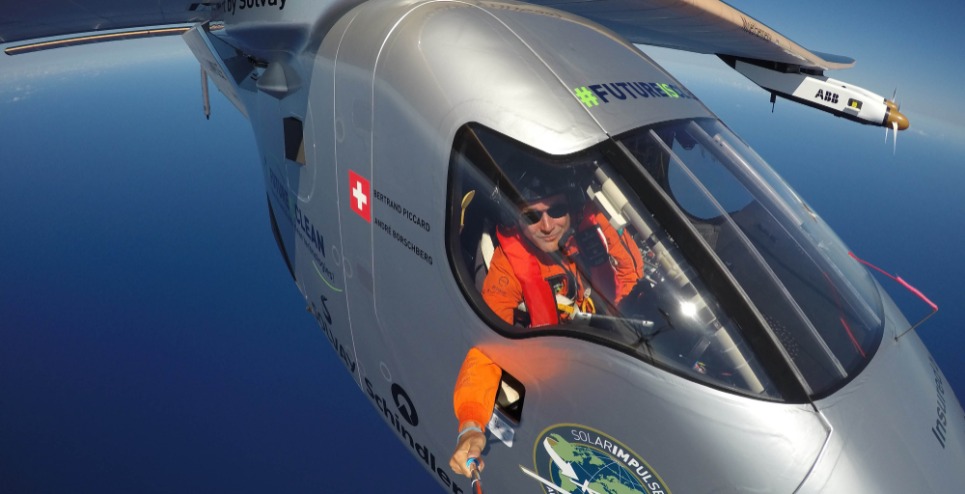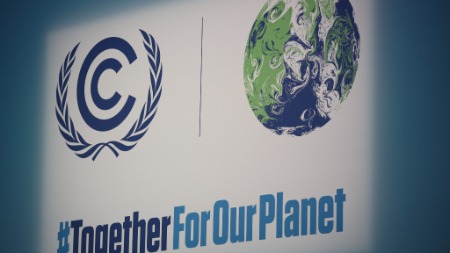Opinion
Living your confinement better: 10 tips from an explorer

Although my periods of confinement in the cockpits of Breitling Orbiter and Solar Impulse were voluntary, I am being asked more and more what advice I could give you to better support the forced confinement that the current crisis imposes on you. Here is what has helped me to live several weeks of my life in a solar balloon or airplane.
The most important thing to hold on to over the long term is to avoid projecting yourself into the future, not to look forward that it will be over soon. Counting the remaining days becomes a Chinese torture. On the contrary, it is necessary to concentrate on the present moment, to become aware of what you are doing, thinking and feeling, by perceiving that you exist in your whole body. In this way, you will move forward with the passing of time, without realizing it, and will be almost astonished when it is over. Twenty days in a capsule can pass very quickly, one or two months at home too.
The first step is to learn how to find your "safe place", an inner experience of comfort and security. This is one of the keys to self-hypnosis: to train you to plunge into a sensation that you build up in visual, auditory or sensory form, and which instantly brings you back into a protective cocoon. This is the most useful baggage I have taken with me on my expeditions.
You must also realize that your confinement is a unique experience. History will remember it, and you are all, each at your own level, writing it.
It becomes easier if you put your personal situation into a larger context. Millions of people are going through the same thing right now. You are not alone.
You need to see the meaning of what you are doing. Confinement is useful, it protects you and protects others. This sense of meaning is paramount. Abused political prisoners have been all the more successful in healing from their trauma because they perceived their captivity as being connected to a cause in which they and their supporters believed deeply. On a more modest level, my goal of promoting renewable energy to protect the environment helped me cope with the cramped cockpit for several days of flight.
What state of mind did you decide to adopt? It's a choice that you have to make consciously: does life want to destroy you or on the contrary offer you a challenge to take up, a teaching to integrate? A crisis that we accept becomes an adventure, with a goal to reach; an adventure that we refuse becomes a crisis, with suffering in addition to having lost what we once loved.
Suffering will increase to the extent that you fight to refuse an irreversible situation. Accepting reality will help you lower your stress level.
Courage or confidence? Faced with a problem that is beyond you, courage will certainly allow you to overcome fear, but trust will take you even further. You will become aware of this when circumstances force you to leave your usual references and discover that you have somewhere inside you all the resources to move forward and succeed. If I took so much advantage of my solo flights over the oceans, it is also because I noticed that I was capable of it.
Alone? If you are confined alone, relearn how to communicate with yourself. It's something you've lost in the society of leisure and distraction in which you disperse. We live too much on the outside of ourselves rather than on the inside. Being alone becomes a revelation as soon as you start listening to your inner life again.
Or with others? But if you are locked up with others, the fear of loneliness often gives way to disturbance by noise, proximity and the behaviour of those around you. This is an opportunity to discover another way of communicating, not to exchange opinions which can become conflicting, but to express your feelings and emotions. Share your own experiences and take an interest in those of your neighbour, without criticism or reproach. Before taking off for our 20-day round-the-world balloon trip, Brian Jones and I practiced telling each other everything, even our bad breath. This kind of detail can become a long-term ordeal in an enclosed space. I remember telling Brian in the middle of the Pacific that I wasn't very reassured. He thanked me for opening up like that because it allowed him to admit that he was scared to death!
In conclusion, not everything I advise you here comes alone. It must be learned, practiced, repeated. It is learning a new way of relating to oneself, to others and to Life. You have the time to do it now, so why deprive yourself of it? When the confinement is over, the saddest thing would be to tell you that you have not taken enough advantage of it to evolve?
Dr Bertrand Piccard,
Psychiatrist and explorer,
Author of "Changer d'Altitude, quelques solutions pour mieux vivre sa vie" (Stock)



